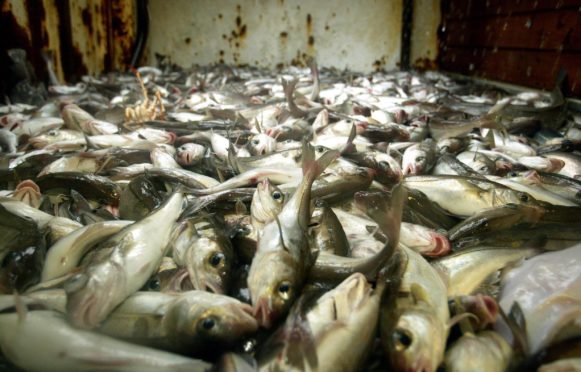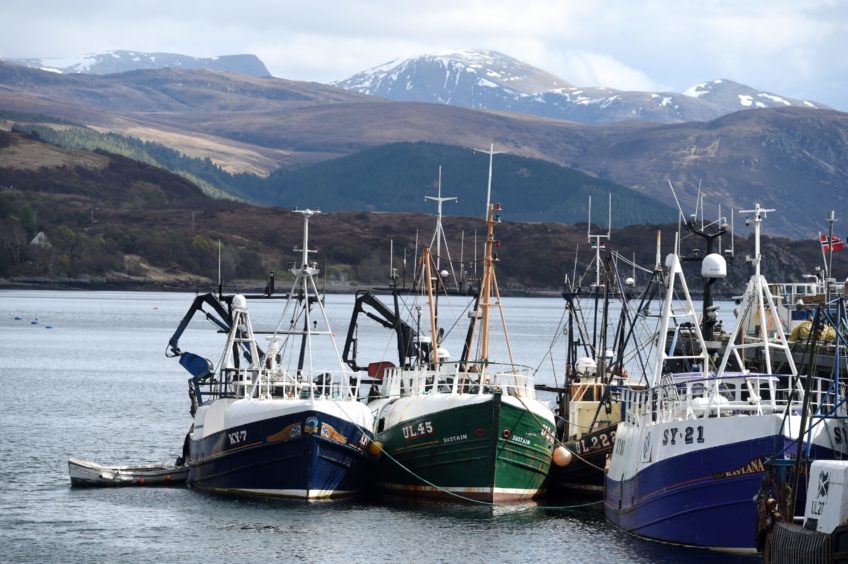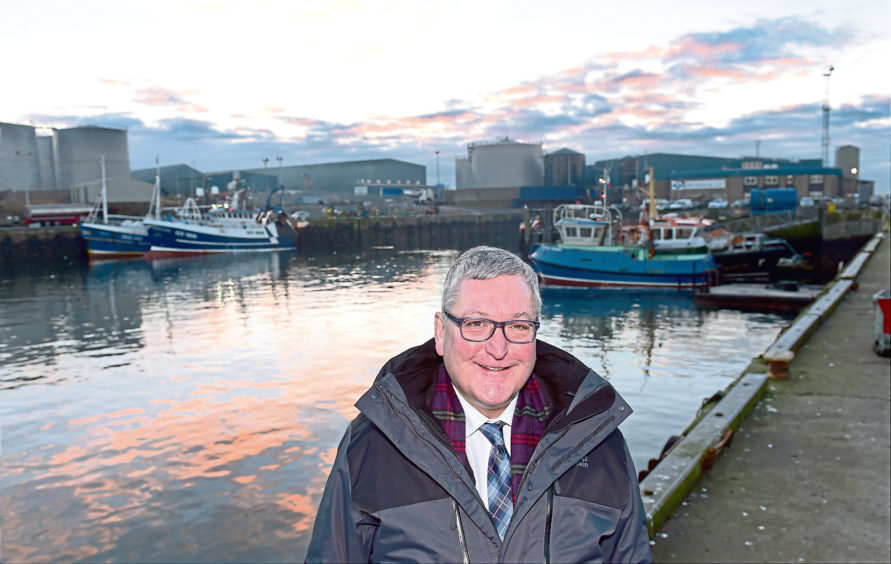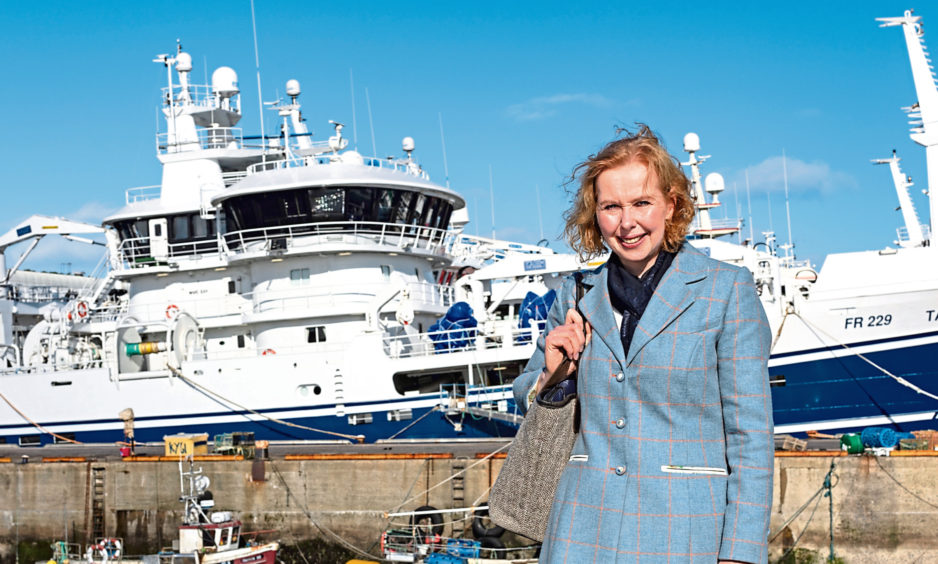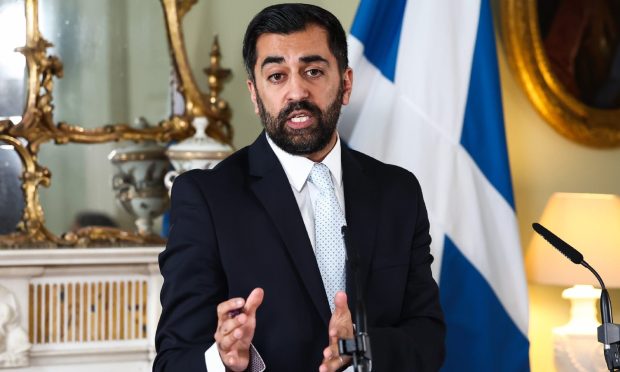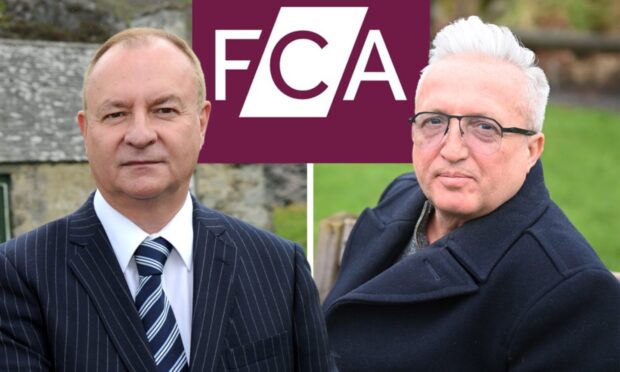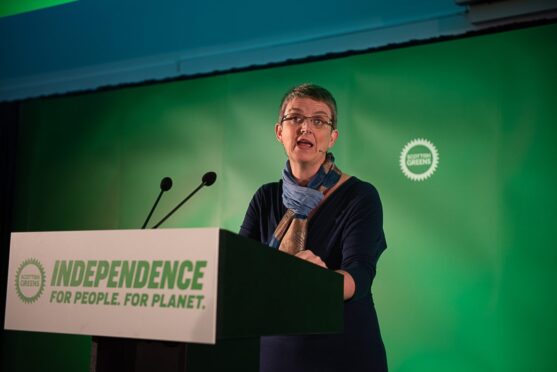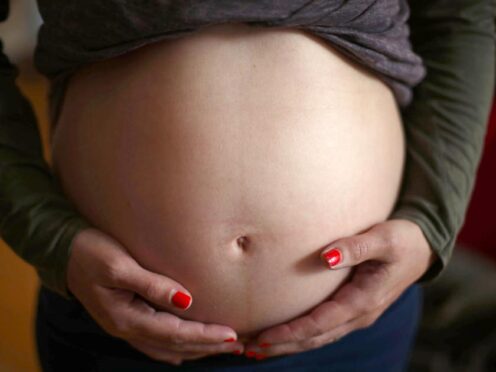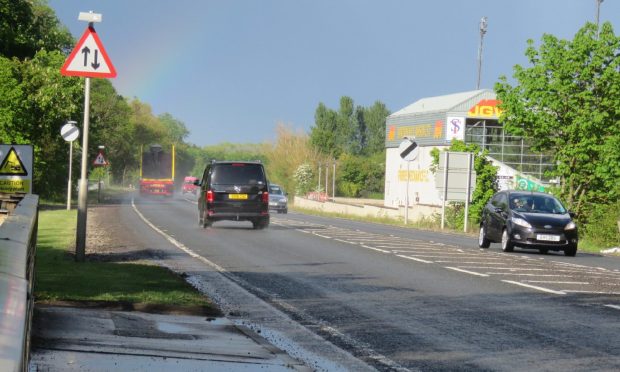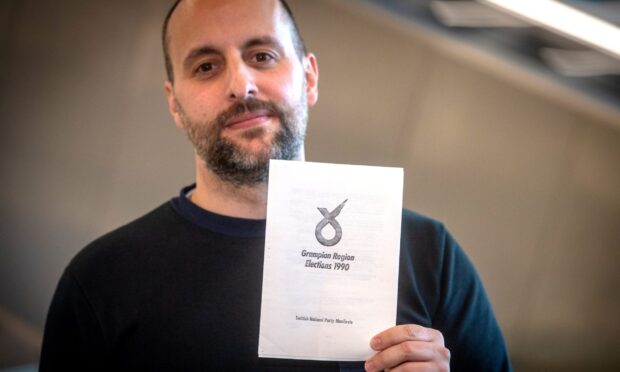Foreign fishermen have been forced to live on boats at Scottish ports after being left stranded and penniless during the pandemic.
The Scottish Government has said it was “deeply concerned about the acute hardship” faced by the workers, and that many have been confined to their vessels after losing their incomes and being unable to travel home or access alternative support.
The number of workers affected is feared to be “substantial” and the Holyrood government believes it has created a “significant and unacceptable health risk”.
An international seafarers charity blamed the “unfortunate consequence of lockdown” on a “lack of clarity” over the immigration status of the workers.
David Dickens: Fishing crews have been left stranded in the UK during lockdown
Nearly 1,000 of the almost 5,000 fishermen working in Scotland are from outside the European Economic Area (EEA), predominantly from the Philippines and Ghana, but also Indonesia, Sri Lanka, Belarus, Egypt and elsewhere.
Under controversial immigration laws, they are only allowed into the country under “transit visas” to board vessels which operate outside the UK territorial waters, beyond 12 nautical miles.
Fishing leaders, Scottish ministers and others have long called for the restrictions to be removed, and for the workers to be given greater legal protections, the right to fish inshore and to live in the UK for the duration of their contracts.
When much of the fleet was tied up at ports in March at the start of the coronavirus lockdown, many of the non-EEA workers are thought to have been unable to return home, or find alternative accommodation, and have therefore remained on the vessels.
Letters released to us under freedom of information laws show that Rural Economy Secretary Fergus Ewing wrote to the UK Government on March 30 to raise his concerns, and to make a series of suggestions of ways to protect the workers.
“Where fishing activity is not possible can you provide me with urgent assurances that non-EEA fishers employed on transit visas will not be restricted from entering and remaining in the UK if they are unable to return to their home country and unable to work?” he wrote.
“Given that non-EEA crew can currently only enter the UK on official vessel business, the alternative would appear to be confining such crew to vessels, which presents a significant and unacceptable health risk in the current circumstances.”
Among Mr Ewing’s other proposals to help the fishermen was a temporary removal of the “no recourse to public funds (NRPF)” status which prevents workers on temporary visas from accessing benefits such as Universal Credit.
On May 29, Scottish Communities Secretary Aileen Campbell also wrote to the Home Office about NRPF, warning that “people are being forced into destitution because of their immigration status and the impact of Covid-19”.
More than two months passed before the UK Government replied to Mr Ewing, with Health and Work Minister Justin Tomlinson saying on June 4 that people “who are in the UK legally and whose visa is due to expire or has already expired, will not be considered as over-stayers” during the crisis, including those who cannot travel home.
The Home Office is yet to reply to Ms Campbell.
A Scottish Government spokesman said: “We remain deeply concerned about the acute hardship facing non-EEA nationals in the fishing fleet at this time.
“The loss of their livelihoods, and the lack of support being provided by the UK Government, means that many have to reside on fishing vessels; a clear risk to their health during the Covid-19 outbreak.
“Measures to alleviate this have been proposed by the Scottish Government, and our view is that the UK Government could act on this.
“Our proposals are reasonable and pragmatic. More than that, however, they are humane, and the actions that any compassionate society would take during a time of crisis and extreme hardship.”
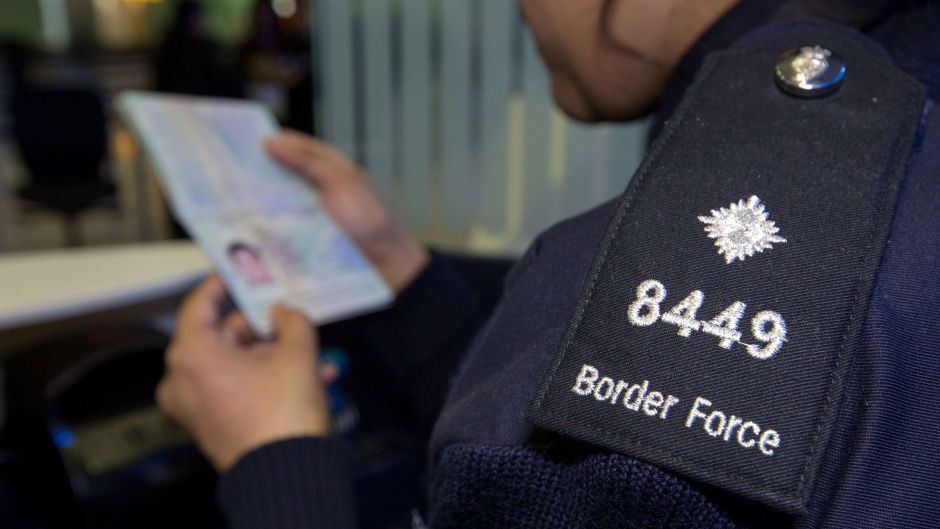
A Home Office spokeswoman suggested that the immigration rules would not prevent the workers from coming ashore during the pandemic.
“Any crew members who can no longer work at sea should present themselves to Border Force when they disembark the ship and they will be given temporary leave accordingly,” she said.
“However, we are not considering changing or removing the visa restriction which prevents non-EEA fishers from fishing inside the UK’s territorial waters or amending the requirements of the Seasonal Workers Pilot.
“Many of the wide-ranging coronavirus measures are not considered public funds and therefore are available to migrants with no recourse to public funds.”
They have been confined to their vessels and it’s simply not fair – they shouldn’t be treated in this manner.”
Martin Foley, chief executive officer and European regional coordinator of the Apostleship of the Sea charity, said there was confusion over the status of the workers.
“Obviously, during these difficult times, their vessels might have to remain in port, and there’s a lack of clarity about what they can and can’t do,” he said.
“So many skippers end up telling the foreign nationals to remain on board their vessels.”
Mr Foley added: “They have been confined to their vessels and it’s simply not fair – they shouldn’t be treated in this manner.
“There are major challenges and risks with Covid-19, but one also needs to think of the risks to the mental and physical wellbeing of these men when they are cooped up on board vessels for long periods of time, and not able to get ashore in the way that you and I would expect.
“These are some of the unforeseen consequences of lockdown, and I think it’s important that the Scottish Government and the UK Government take action to alleviate the situation with these individuals.”
Elspeth Macdonald, chief executive officer of the Scottish Fishermen’s Federation, said: “It’s vital that all fishermen, including non-EEA crew, are well looked after during the COVID-19 pandemic, and we have been pressing this case with ministers in Edinburgh and London.”
In 2016 and 2017, crew members from the troubled Malaviya Seven supply ship spent 18 months stuck in Aberdeen harbour amid a dispute over unpaid wages after the ship’s former owner was liquidated.
